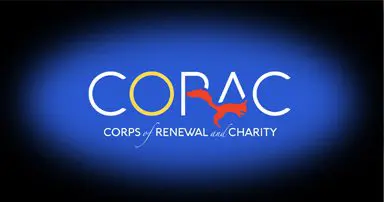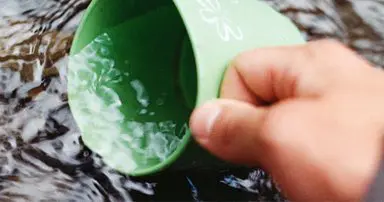As all by now know, America is suffering from a shortage of baby formula. The question is, what can we do about it? Thankfully, the answer, although not easy, is simple: parents should consider the possibilities of breastfeeding and/or making their own formula. The purpose of this article is to provide parents with basic information about these topics, and to point them toward sources of more detailed information.
Breastfeeding
The most healthful and economical way to feed your baby is to breastfeed. Thus, women who are currently pregnant should breastfeed their babies if at all possible; and women who are currently breastfeeding their babies should continue to do so. However, even women who are not currently pregnant or nursing can breastfeed if they know how to promote relactation (the resumption of milk production by women who have stopped breastfeeding in recent weeks or months) or induce lactation (and thus produce milk without having given birth).
To learn more about breastfeeding, relactation, and inducing lactation, please visit the websites of La Leche League USA and La Leche League International. You will find many great resources there. For women interested in increasing their existing milk supply, here is a helpful link:
For those interested in relactation and induced lactation, here are some links to get you started:
- Relactation During Emergencies >
- Induced Lacation and Relactation >
- Breastfeeding Relactation Info >
- Breastfeeding Without Giving Birth >
There are also many other internet-based information sources regarding breastfeeding, relactating, and inducing lactation. The CORAC Health and Wellness team encourages you to do plenty of research, and to print articles and buy hard copies of books for future reference.
Some books and articles mention the taking of hormones in order to promote milk production. This is not necessary because there are several herbs and homeopathic remedies that will naturally and safely promote or increase the production of breastmilk. Some useful herbs, which can be taken in tea or tincture form, are fenugreek, fennel, nettles, alfalfa, goat’s rue, blessed thistle, and shatavari. Regarding homeopathic remedies, the following are useful: Ricinus comunis 6C, Alfalfa 6X Bryonia 30C, Calc fluor 6X, Ferrum phos 6X, Silica (also called Silicea) 6X, and China (also called Cinchona) in any potency from 3C to 200C. For those who are currently breastfeeding or may do so in the future, now is the time to stock up on herbs and homeopathic remedies that may be helpful.
Homemade Formula
If you do an internet search for “homemade baby formula,” you will find numerous “experts” warning that homemade formula is dangerous. The clear implication is that any parent who would use a homemade formula is negligent and irresponsible at best. However, generations of babies have been raised on homemade formula. So, formula can be made safely at home, but the ingredients do matter. As always, please do your own research before proceding.
Here’s an article with a recipe and a link to buy all the ingredients in a kit, which breaks down to a little more than $100 for a 1-month supply of formula. Radiant Life, the seller of the kit, is an excellent and trustworthy company:
Here are two other recipes, using powdered goat milk:
Here’s a link for a baby-formula kit using goat milk:
The Weston A. Price Foundation also has good baby-formula recipes. These recipes are a bit more complicated and involved, but mothers have been using this recipe for over 2 decades, and the WAPF is a well respected organization. The first link below is to the recipe; the second link is to an accompanying video and the video transcript:
You may come across formula recipes from the 1950s and 1960s. They often use Karo Syrup. Although it is unclear what ingredients Karo Syrup contained back then, today both the light and dark syrups contain additives that are best avoided for infants.
Modern baby-formula recipes use rice syrup, maple syrup, and/or blackstrap molasses instead of Karo. Here is an excellent article on the use of blackstrap molasses in baby foods:
Another caution is to never use honey to sweeten foods given to babies under 12 months of age, because of the potential risk of botulism.

























Hello! After perusing this article I decided to toss my 2¢ into the picture. Back in the 60’s, my roommate was unable to nurse her baby daughter and so bought a case of evaporated milk and mixed it with an equal amount of water. She fed her baby this until she graduated to regular milk. That baby is now a gown woman with a daughter of her own, none the worse for her homemade formula.
Just my 2¢ – really inexpensive & readily available (at this time).
Thanks for allowing my comment, katey